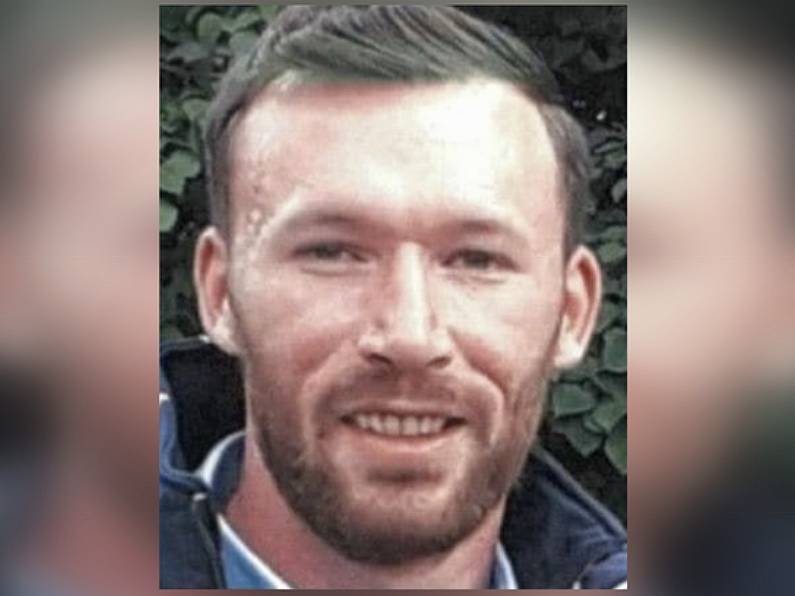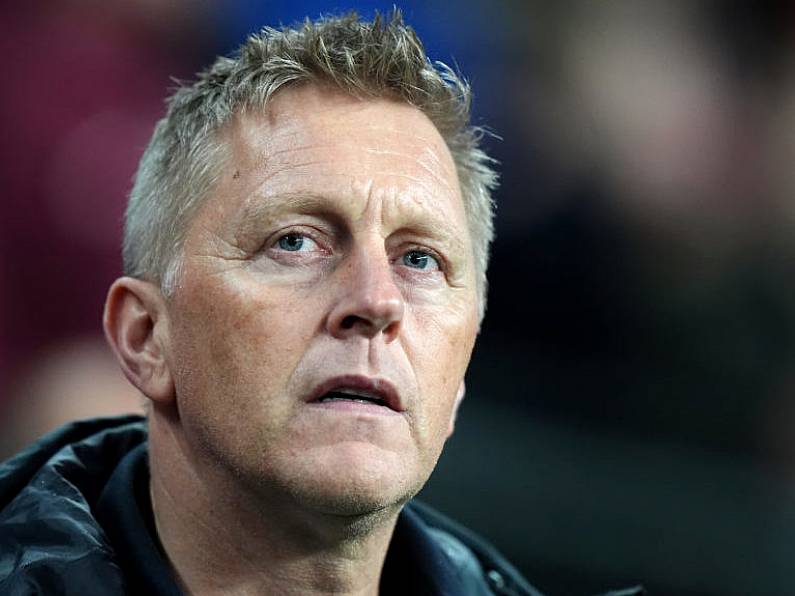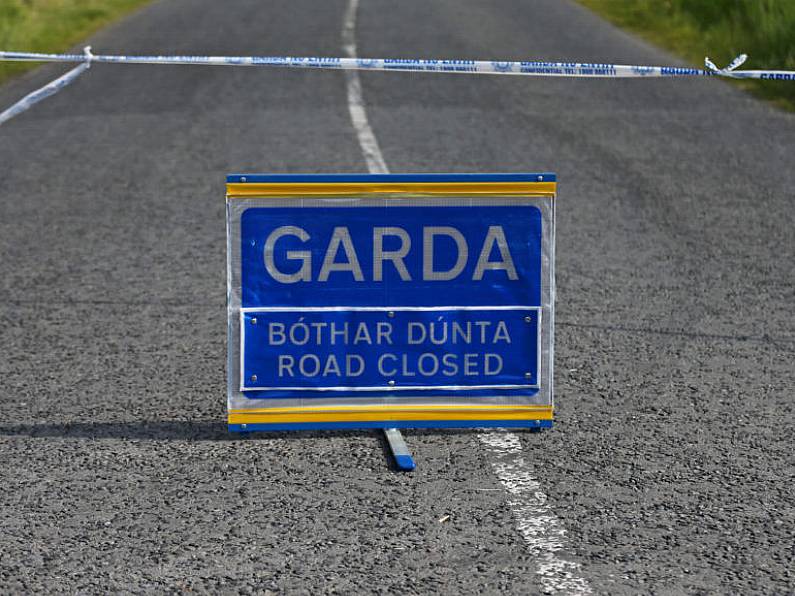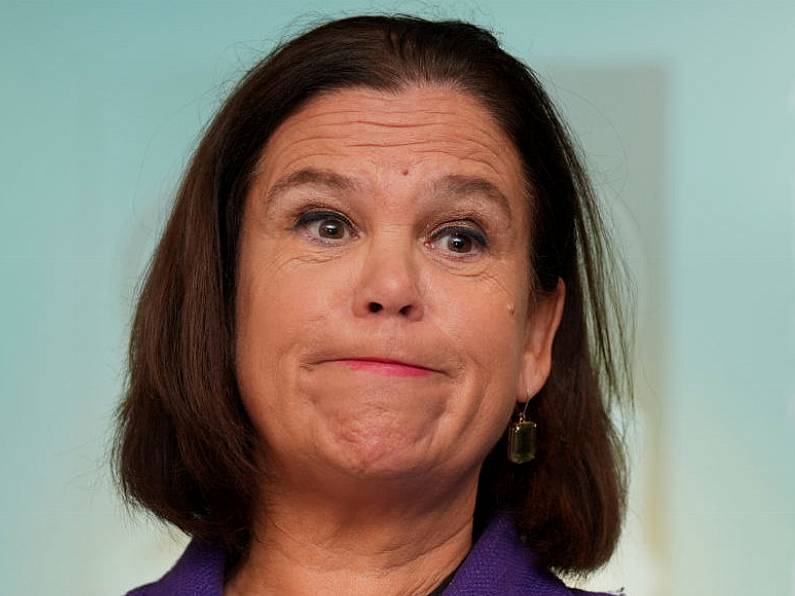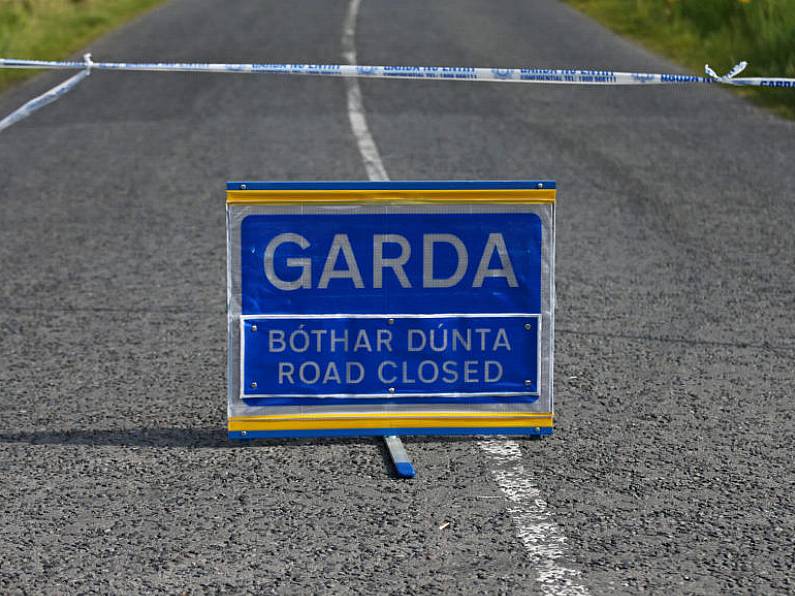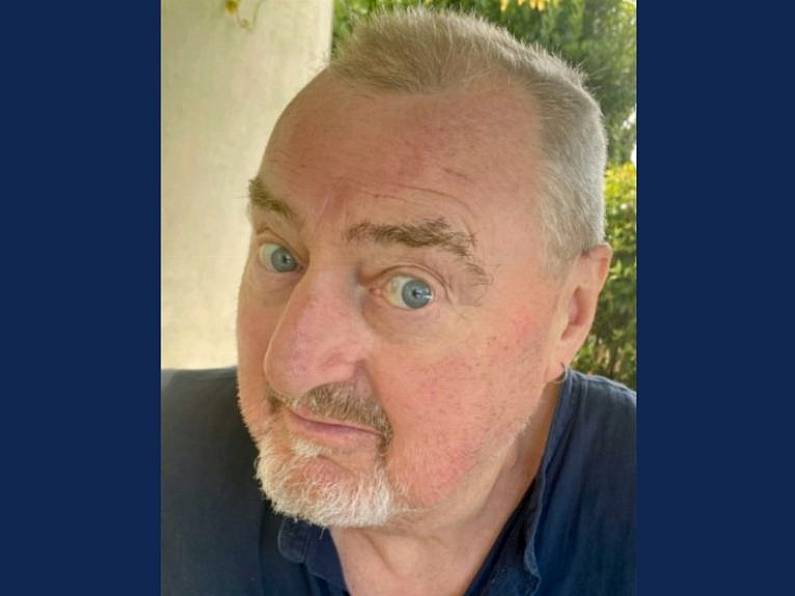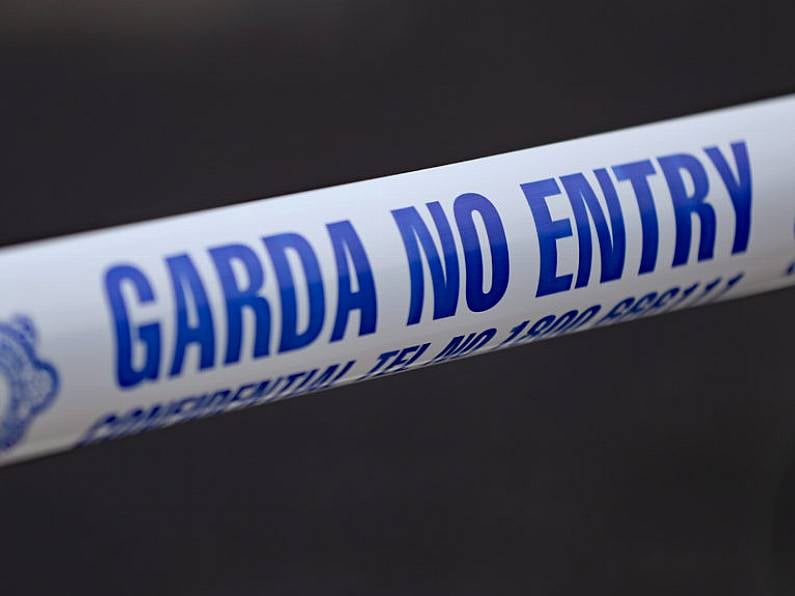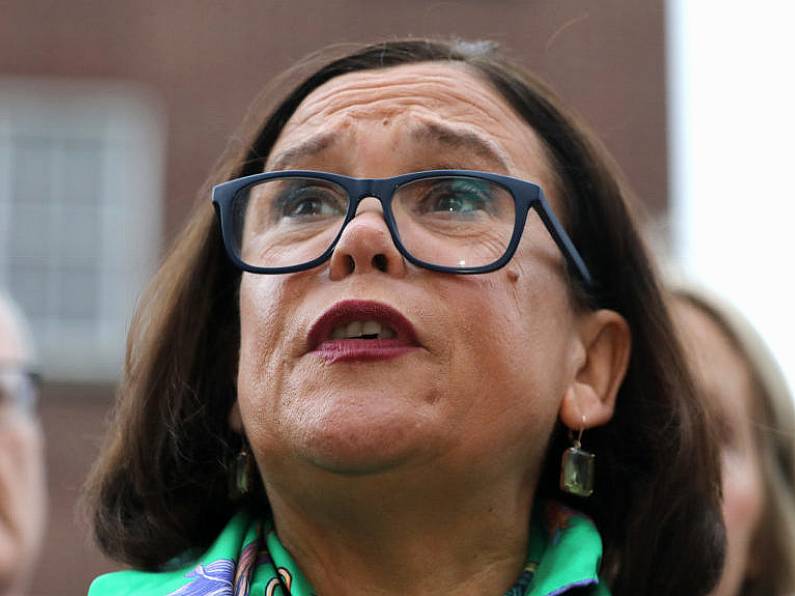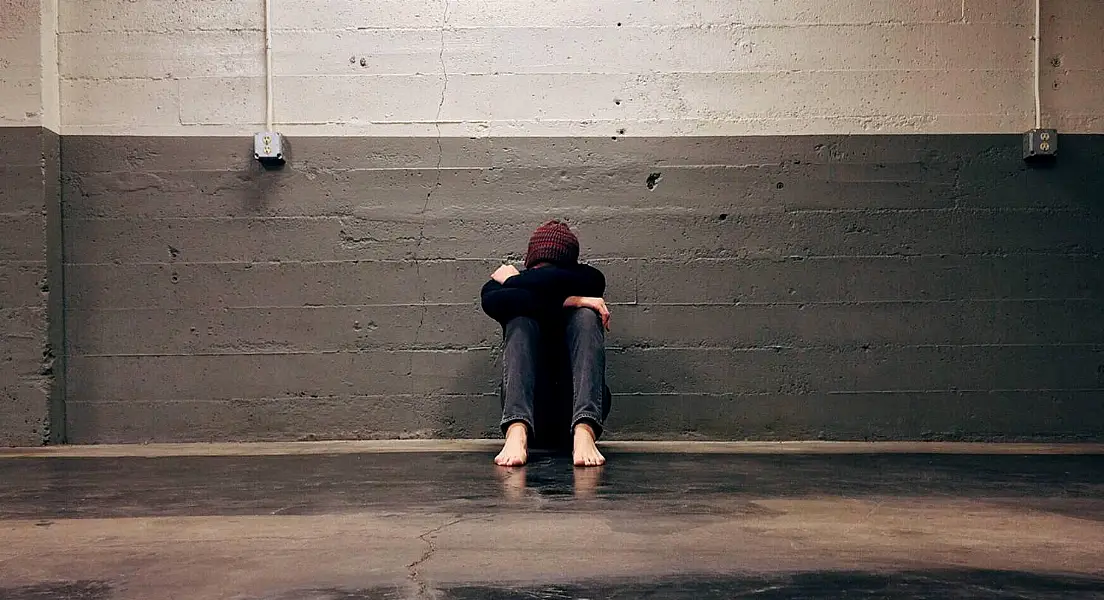
Mental health users are still being treated like "second class citizens", according to a new report.
The Mental Health Commission (MHC) has found that just half of the facilities using physical restraint are compliant with their code of practice.
The oversight body's annual report released today also shows 69% of in-patient centres are unclean or have poor structural conditions.
Waterford
Unannounced inspections were carried out at 60 approved centres last year.
The Department of Psychiatry in Waterford was ranked in the bottom five.
The report found the unit had 67% compliance with regulations down from 73% in 2018 and 77% in 2017.
However, it also says conditions previously imposed by the commission were removed in 2019 due to compliance with regulations.
There were 208 instances of overcrowding in 2019. 194 of those incidents were in five approved centres. One of those centres was the Department of Psychiatry in Waterford, the DOP at St Luke's Kilkenny was also listed.
MHC Chief Executive
Chief Executive of the Commission, John Farrelly, says too many mental health residents are being treated unfairly.
Mr Farrelly says: "The evidence in the report is clear, there is evidence of dirty premises that are not fit for purpose, 50% of centres don't have care plans.
"And there is a lack of compliance around physical restraint and seclusion.
"From my perspective, it is clear that mental health users are being treated like second class citizens and their rights are being overlooked."
Compliance issues surrounding the use of physical restraint was of particular concern.
Mr Farrelly says: "The key issue for us was that there was no physical examination following an episode of restraint.
"But also 58% or 89% of approved centres are using physical restraint and that to me is an indicator.
"When you are using physical restraint it probably means you haven't put all the resources in to actually work with someone to build a therapeutic relationship.
"Because I want to be clear, physical restraint is not a therapeutic intervention."
54 children or young people were admitted to adult mental health units in 2019, according to the annual report.
Last year the MHC took 40 enforcement actions against 31 Approved Centres in response to critical risks in areas of practices relating to premises, staffing and the privacy and dignity of residents.
[readmore][/readmore]





